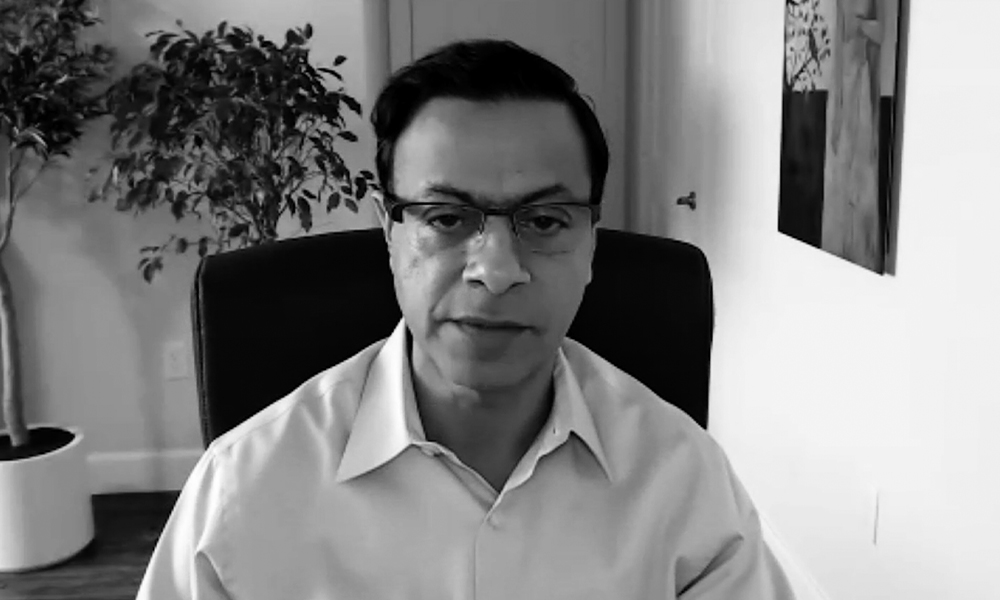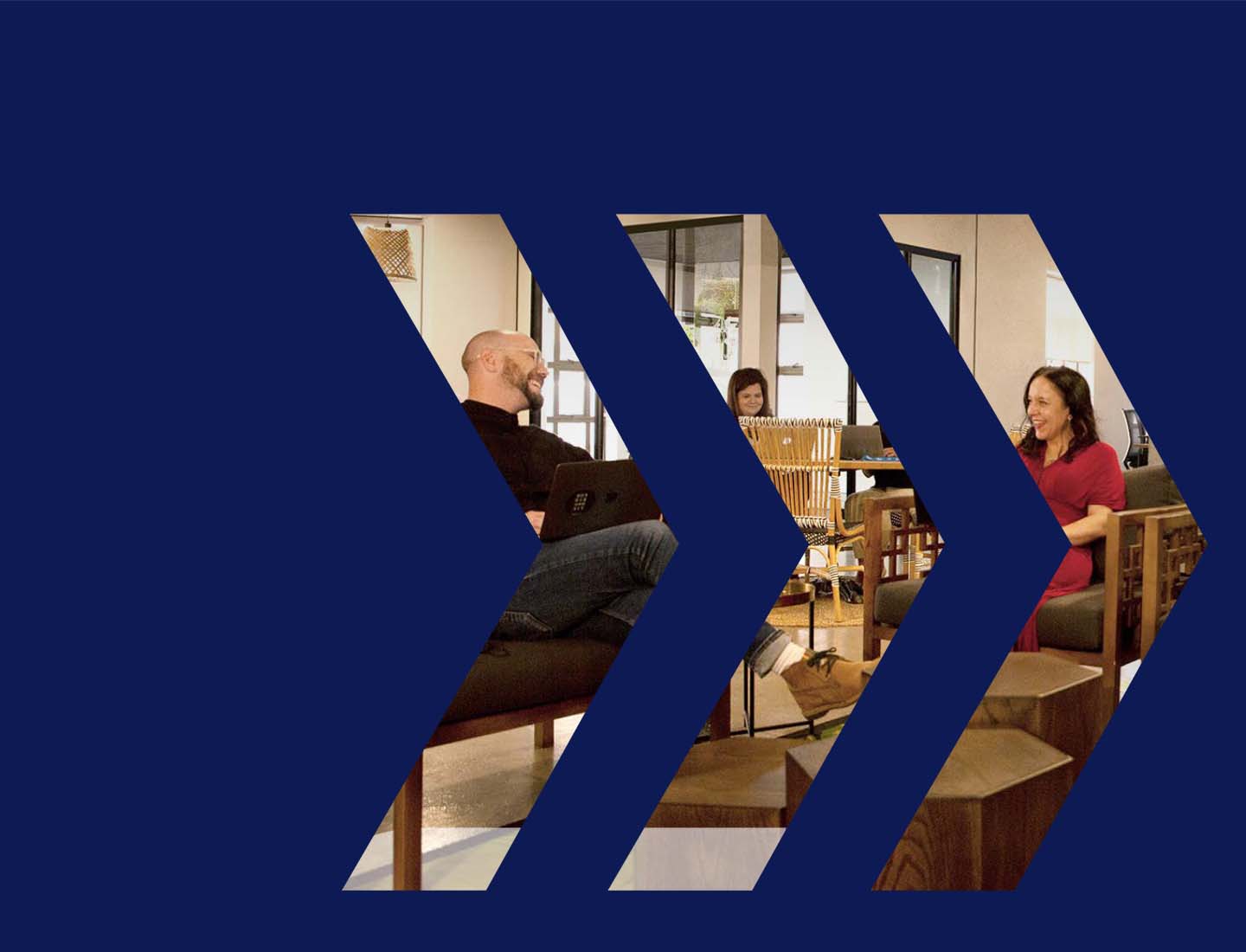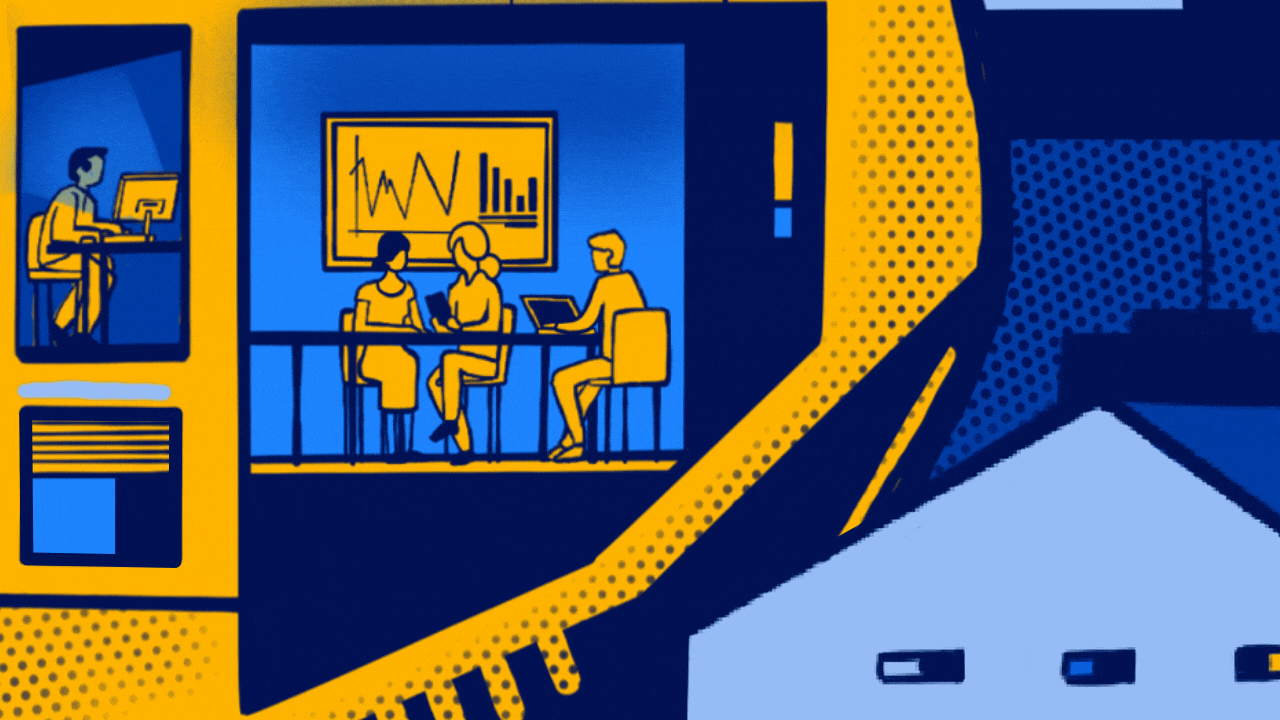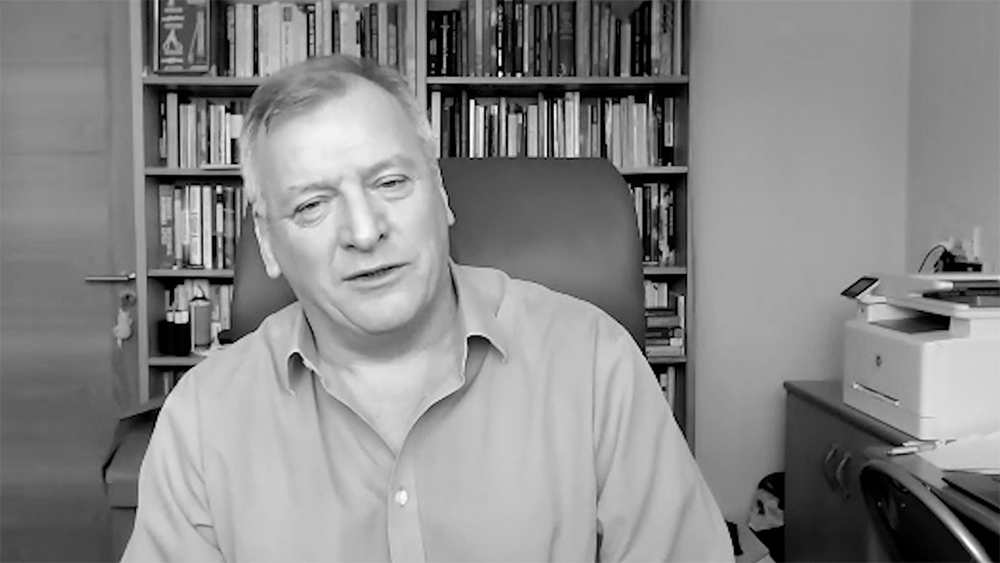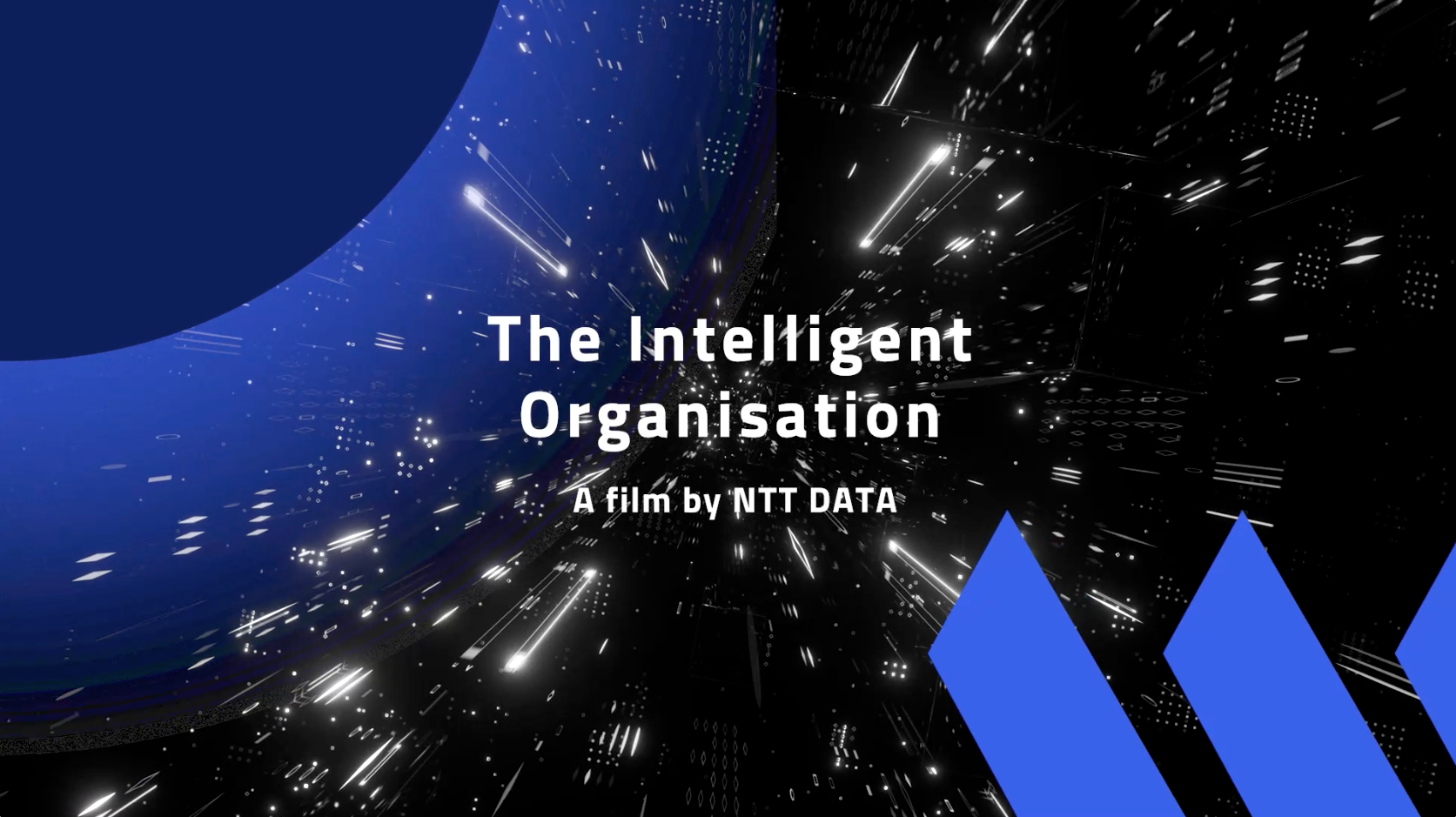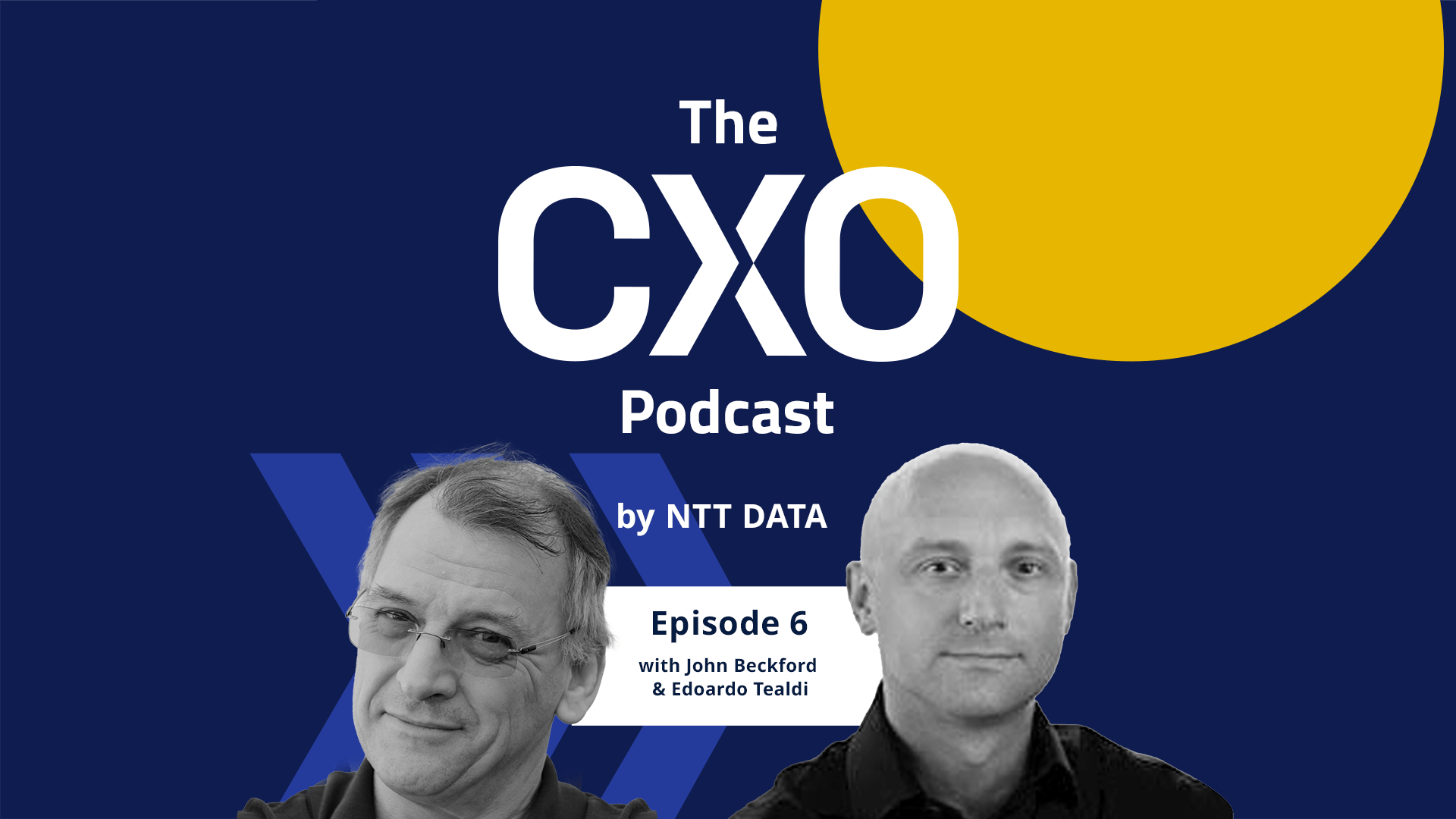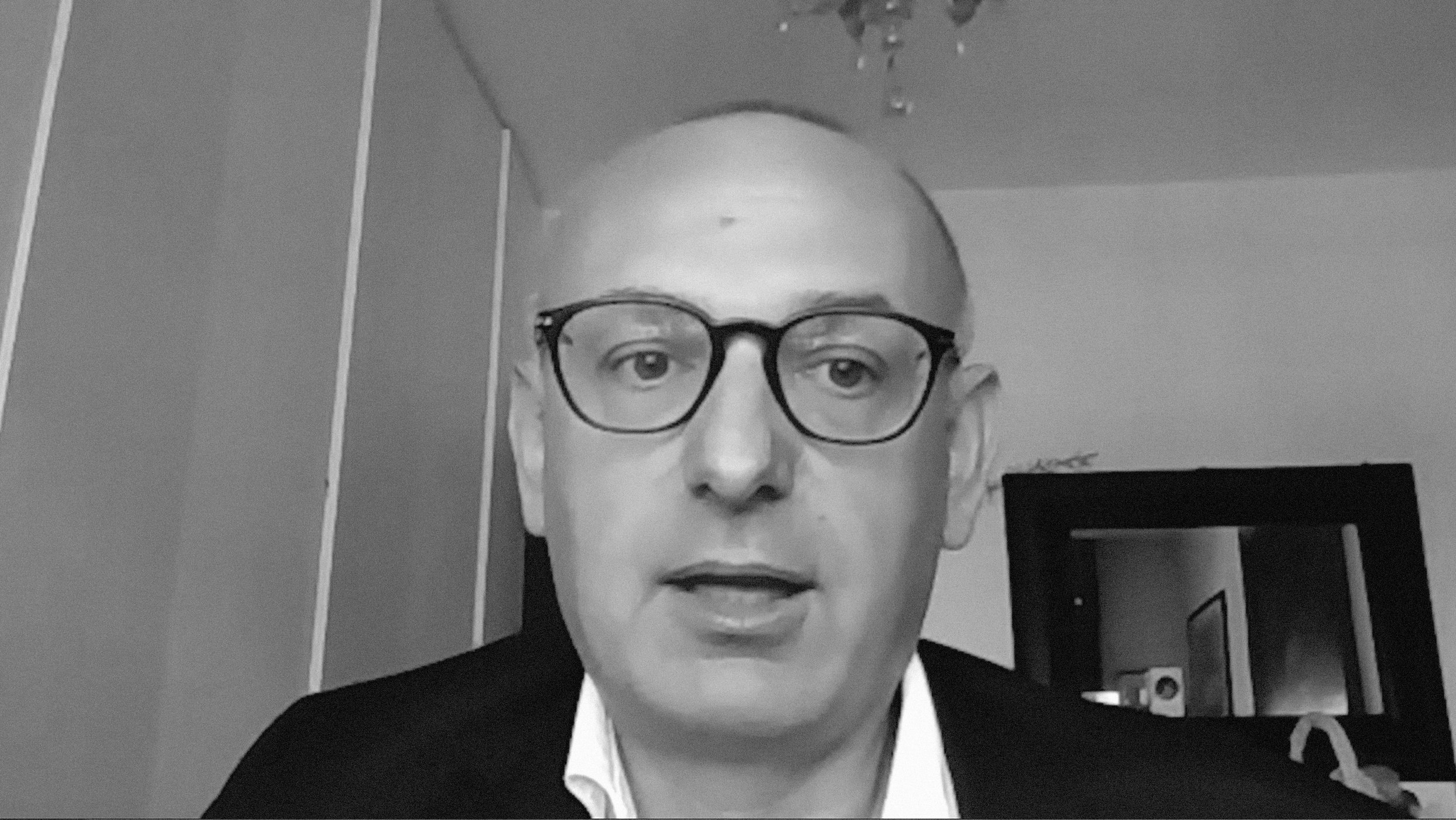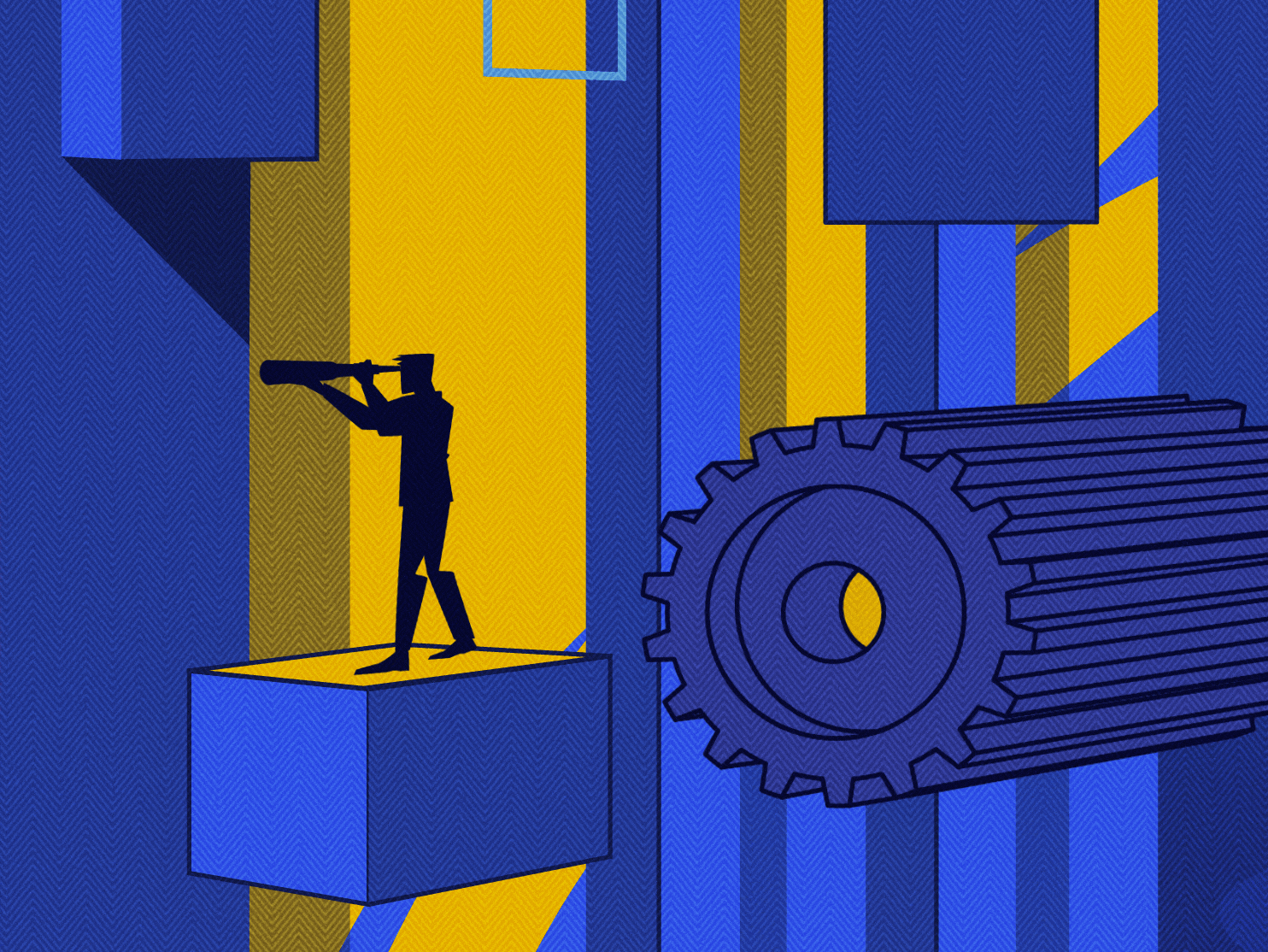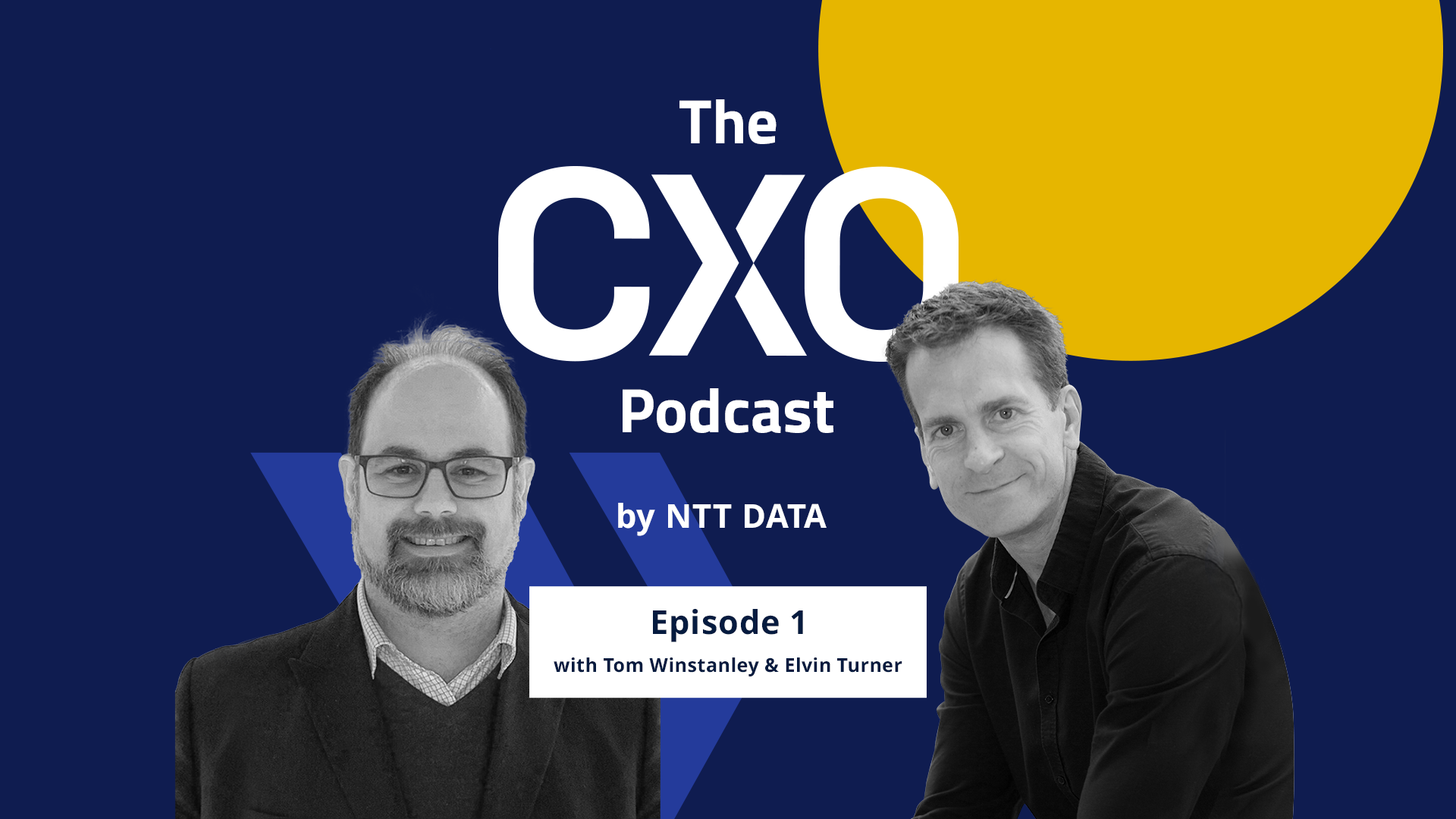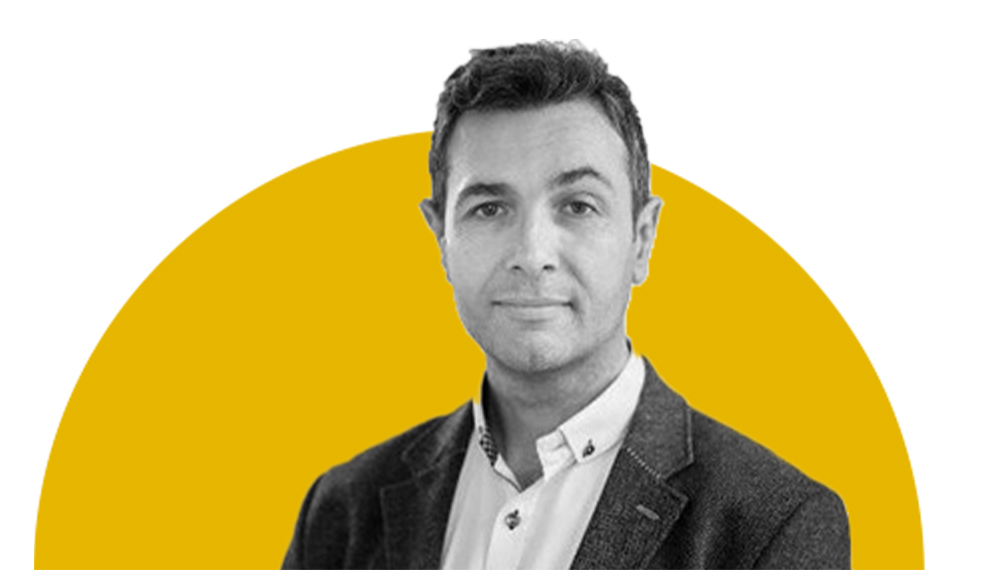33 results
Pragmatism and Innovation: The Perfect Partnership in Uncertain Times
Against the backdrop of a somewhat tumultuous economic landscape, a new trend is emerging: many companies are assessing the environment and deciding to direct their innovation efforts inwards, towards the more pragmatic matters of organizational efficiency and agility. When it comes to nurturing both long-term growth and customer value, this is a strategy that makes sense.
InnovationOperational agilityOrganisational designPost-Covid workplaceHow Organizations Can Accelerate Growth and Self-Fund Their Digital Journey
We’re experiencing a time of constant disruption. Global pandemics, geopolitical struggles and economic challenges have leaders looking for ways to move beyond merely surviving. How can businesses capitalize on constant change, transforming even when budgets are tight, finding talent is tough, and legacy systems can hold us back from innovating faster on behalf of customers?
Digital transformationOperational agilityOrganisational designPost-Covid workplaceStrategyNavigating M&A Post-Pandemic (And Why Culture and Values Matter)
Mergers and acquisitions remain a viable growth strategy for professional services firms, despite the current challenges – but successfully navigating these deals will require a different approach in a post-pandemic market.
FinanceOrganisational designShaping cultureStrategyTeam dynamicThe Race is On to Drive Drama Out of Digital
Amid today’s widespread economic turbulence and uncertainty across global markets, businesses are under pressure to build and maintain organizational resilience through digital transformation. But how should they do this without getting swept up in the drama of external disruption?
Data strategy & BIOrganisational designStrategyWorking practicesWhy Now is a Moment That Matters
The game has changed. Our role as leaders in this time of unprecedented change is to look outside ourselves – to consider the needs and experiences of our teams, customers and communities. When we do that, we will serve everyone – including ourselves – far better.
Hybrid workingOrganisational designStrategyTeam dynamicDesigning the Future Workplace
The impact of the pandemic and advancing technologies have made designing the future workplace a complex task. As well as focusing on flexibility and comfort, a good workplace design must support collaboration, interaction and innovation – and have connectivity at its heart. The interoperability and opportunities presented by the metaverse may hold one of the keys to overcoming legacy problems and providing your employees with the best possible experience.
ARHybrid workingOrganisational designPost-Covid workplaceShaping cultureVRConnecting Your Hybrid Workforce
Recent research from NTT showed that over 90% of organizations recognize the value of employee experience to their strategy, or as a crucial strategic differentiator, but just 25% fully agree that the value of EX is understood and embraced across the enterprise. Forward-looking organizations have moved ahead with secure-by-design digital transformation to enable hybrid working – and are reaping significant rewards. But can leaders, managers and employees agree on what the future of work should look like?
ESGEXHybrid workingOrganisational designStrategyWhitepaperGender Equality – The New Leadership Advantage
In today’s fast-changing markets, where adaptability is key to success, traditional leadership thinking is too rigid to effectively respond to unexpected events. What’s needed instead at a senior level is a vibrant mix of thought and opinions that can deliver creative solutions to unexpected events. This means that organizations with greater gender balance at the highest level are much better equipped to remain competitive.
Diversity, equity & inclusionEXOrganisational designShaping cultureStrategyTalent managementWorking practicesThe Compassionate Corporation: A Pragmatic Approach to People-Centric Transformation
How can businesses change and grow in a way that’s both practical for the organisation and empathetic to the individuals that make it up? The first step is understanding that people are always the drivers, as well as the agents, of change. Leaders must now rethink their growth strategy and take a humanity-meets-pragmatism approach to driving their business forward.
Data strategy & BIEmployee wellbeingOrganisational designStrategyRevolution: The Path to Intelligent Transformation
The revolution is here. Processes, systems and organisations are evolving, changing to meet the new shape of business. The Fourth Industrial Revolution weaves digital into the very fabric of the organisation, wielding automation and interconnection. Yet challenges remain.
AutomationBreakthrough technologiesOperational excellenceOrganisational designIntelligent Organisations: A Systemic Approach
Organisations can be designed to behave intelligently and sensitively, and indeed they must if they are to master the complexity of our current environment. Drawing on Systems Theory and Cybernetics, we can understand the prerequisites of organisational intelligence, and create the conditions for our organisations to flourish.
Operational agilityOrganisational designStrategyAdaptive, Diverse and Cyber-Effective: The Elements of an Intelligent Organisation
We need to rethink the organisation. We must break from the traps of historic convention, stop managing the wrong things and embrace an adaptive synthesis of people, behaviours and processes enabled by effective information. In doing so, intelligent organisations will deliver greater value to all stakeholders.
Organisational designStrategyTeam dynamicWorking practicesBrains Over Brawn: How Intelligent Technology Creates Competitive Advantage
What safeguards do organisations have against the constant tide of disruption? Those that are smart are taking full advantage of technologies like cloud, AI and big data analytics – and doing so with one focus in mind: giving their people what they need to leverage the full power of their collective intelligence.
Artificial intelligenceBreakthrough technologiesOrganisational designA Practical Guide to Getting the Most From Intelligent Automation
Intelligent automation is a business imperative: not just making organisations more efficient but enriching customer and employee experience – not to mention helping to identify new business strategies. To successfully transform your organisational culture to one that embraces automation, there are five key steps (and a few basic tenets) to ensure you get the most from IA.
AutomationBreakthrough technologiesOrganisational designStrategyAn Intelligent Organisation Starts and Ends With People
Nature shows the way: those who adapt, survive. This also applies to organisations, especially against the background of enormous challenges, such as accelerated technological evolution, pandemics and climate change. To achieve this, organisations must leave behind linear-hierarchical structures and move towards networked-intelligent ones. But how can this be achieved?
Organisational designStrategyTalent managementTeam dynamicThe Secret of Enterprise Agility: Where Science Meets Organisational Change
Most mindsets or frameworks developed to support an environment where employees can confidently adapt to market opportunities, such as Agile, Lean, and Scrum are not enough. A new framework of reference is required, one that draws on neuroscience, organisational psychology and new types of leadership.
Operational agilityOrganisational designStrategyTeam dynamicChange Is Always An Opportunity
Change is the only constant, in life and in business. But change isn’t something to be overcome – instead, we should regard it as the catalyst for innovation, agility and organisational resilience. An agile change management approach is the springboard from which businesses can catapult towards optimised processes, better ways of working and a flexible, sustainable enterprise.
Operational agilityOrganisational designShaping cultureStrategyBusiness Re-Set: Why Organisational Fluidity is the Future of Your Enterprise
The traditional rigid business structure is no longer fit for purpose. As enterprises look towards a post-Covid future, adopting a more fluid approach to their structural architecture will enable them to become agile and flexible companies, fit to meet today's and tomorrow's challenges.
Operational agilityOrganisational designShaping cultureStrategyDesigning Organisation Agility
To go beyond the surface-level of this century’s buzziest word and design a truly agile organisation, enterprises need to understand the intricacies of agility. And beyond that, they need to examine whether an agile approach is likely to benefit their organisation at all.
Operational agilityOrganisational designShaping cultureStrategyThe Third Way: A Paradigm Shift in the Organisational and Social Models of the Workplace
In Italy, an experiment is redefining everything we know about the modern workplace. A ‘zero kilometre’ office, designed to promote relationships that transcend generational and sectoral boundaries - and overcome the conundrum of working safely and effectively in the post-Covid world.
EXOrganisational designPost-Covid workplaceWorking practicesWhy Diffusion is a Critical Component of the Innovation Value Chain
In the stages of the innovation value chain, from generating ideas to converting them into deliverable activities and finally diffusing them throughout the organisation (and beyond), it is often this last piece where companies fall down. What can we learn from others’ mistakes, to help drive adoption.
InnovationOrganisational designStrategyUnlocking Potential to become an Organisational da Vinci
One of the biggest challenges faced by leaders is connecting the diverse perspectives and skills inside, and outside, the organisation in order to focus innovation efforts. Peter Fisk, takes us through what we can learn from Microsoft’s renaissance under Satya Nadella.
InnovationOrganisational designPartnershipsTeam dynamicInnovation for Pragmatists
When leaders are committed to innovation, the issues that undermine its efforts – lack of time, risk aversion and a certainty-driven culture – can be overcome. Covid-19 showed us that it’s time to get serious about innovation. Here’s how to get started.
InnovationOrganisational designShaping cultureStrategyThree Simple Hacks to Underpin an Entrepreneurial Culture
We all need better ways to deal with change. In times of disruption, organisations should focus on creating a culture where change equals opportunity. Operating metaphors, inverted organisation charts and weekly experiments could be the key to creating this culture.
Operational agilityOrganisational designStrategyWorking practicesLessons from the Combat Zone
What lessons can leaders learn from the military that will aid them in making effective intelligence-led decisions under conditions of constant change and uncertainty? In a world irreversibly changed, by acting with foresight and insight, business leaders can thrive even amongst complexity.
Organisational designShaping cultureStrategyTeam dynamicConscious Leadership: The Secret Ingredient of an Entrepreneurial Culture
A different time, context and challenge requires a different mindset. The trick is not to blindly discard what has brought about success today and simply recreate the latest tactics, but to challenge the assumptions that have underpinned past success, and stress-test the ways value is created.
Employee wellbeingOrganisational designShaping cultureStrategyReimagining Work – with Automation on Your Team
How can we design the right environment for businesses to get the most from automation, so that current and future employees can focus on the human aspects of value creation?
AutomationOrganisational designTalent managementWorking practices